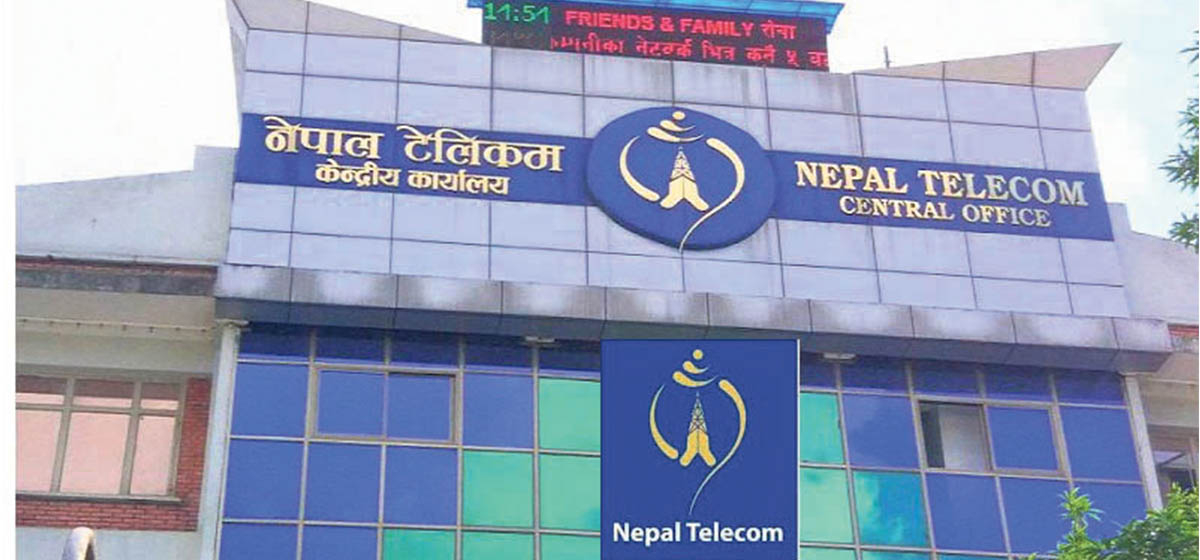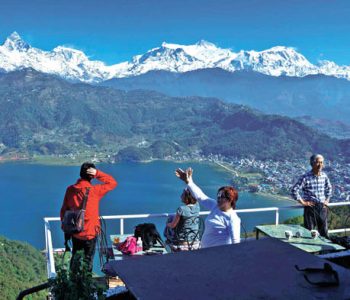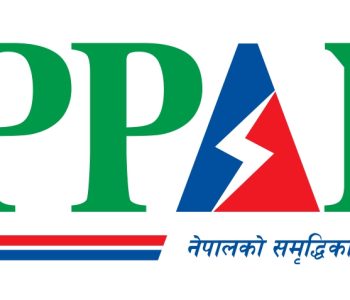Declining profits spur Nepal Telecom to consider public share expansion

KATHMANDU: Nepal Telecom (NTC) is considering increasing its public share ownership to 25-30% to enhance public accountability and citizen oversight, according to Minister for Communication and Information Technology, Prithvi Subba Gurung. Speaking at an event on December 27, 2024, he emphasized that expanding public ownership in the company would make it more accountable and allow greater public monitoring of its operations.
Nepal Telecom currently has a paid-up capital of NPR 18 billion, with 91.53% (NPR 16.47 billion) owned by promoters, including the government, and only 8.47% (NPR 1.52 billion) held by the general public. However, the exact process and timeline for increasing public share ownership remain undecided.
Gajendra Kumar Thakur, spokesperson for the Ministry of Communication and Information Technology, mentioned that discussions have occurred at the political level. He acknowledged that low public ownership in state-owned enterprises has limited their ability to address public concerns and operate efficiently.
Enhancing Accountability and Public Participation
“With only 8% of shares owned by the public and 92% by the government, there is a lack of public input, innovation, and accountability in Nepal Telecom,” Thakur noted. “If public ownership is raised to 25-30%, it will ensure representation in the board of directors, introduce new ideas, and improve the company’s operations.”
Thakur also highlighted that declining dividends to shareholders—down to 30% this year from 40% last year—has necessitated an increase in public participation. “Rising public ownership can bring innovation and pressure to improve company performance, ensuring competitiveness with private enterprises,” he added.
Challenges and Concerns
Critics have pointed out that Minister Gurung’s comments might have influenced the company’s share price, which rose shortly after his announcement. However, spokesperson Thakur refuted claims of intentional manipulation, stating that the remarks aimed solely at improving the company’s operations.
Nepal Telecom insiders revealed that internal discussions on increasing public share ownership are yet to take place. A senior official stated, “The government decides on share sales, but no internal discussion has occurred within the company.”
Dividend Decline and Financial Struggles
Nepal Telecom’s profit has been on a downward trajectory. In the fiscal year 2080/81 (2023/24), the company earned a net profit of NPR 6.61 billion, down from NPR 7.92 billion in the previous year. Over the years, its dividend distribution has also declined significantly—from 55% in FY 2074/75 (2017/18) to 30% in the most recent fiscal year.
Financial analysts and investors have called for strategic reforms to address the company’s challenges. Raj Poudel, a prominent investor, stated, “Increasing public ownership to 25-30% is a positive step, but the government and the Securities Board must ensure demand in the market to avoid oversupply of shares.”
Historical Context
The initiative to increase public ownership in Nepal Telecom is not new. In 2021, then-Minister for Communication and Information Technology Parbat Gurung proposed allocating 22% of the company’s shares to service users. However, the plan failed to materialize.
As discussions continue, stakeholders emphasize the need for a clear strategy to ensure that increasing public ownership translates to improved accountability, better financial performance, and enhanced competitiveness in the telecom sector.













Facebook Comment